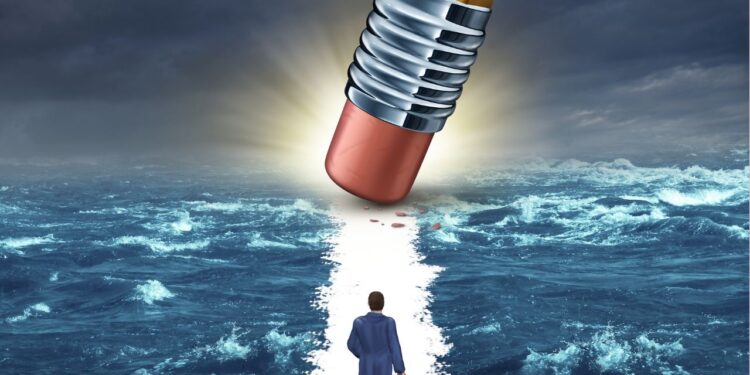We live in a society where freedom is worn like a badge of honour and held like a trophy of pride. Living in a third-world country, we’ve been raised to believe that we are liberated. We are free because we live in a democratic state. We can speak (but carefully), we can act (but within limits), and we can enjoy necessities that are labelled as luxuries (but at the cost of taxes). But are we truly free, or are we living in an illusion of freedom that has been carefully constructed?
In authoritarian-labelled countries such as China, citizens do not enjoy freedom of speech, press, or media. Yet China has lifted over 800 million people out of poverty since the 1980s. Their literacy rate exceeds 96%, and infrastructure, public healthcare, and education continue to improve. The government controls its people by providing them with education and job opportunities, and by meeting their basic needs. The question arises: which of these countries is truly paying a fair price for their freedom, or for the idea of freedom they are being sold? Is China actually “less” free or just more honest about its structure?
On the contrary, we often see ourselves as superior to authoritarian countries simply because we have freedom, despite lacking the support they offer. We are free to express, to speak, to vote.
But if we are free to vote, why are our votes manipulated and our elections not transparent? How real was the freedom of protection when Arshad Sharif was assassinated for telling the truth?
Wasn’t the freedom of information nonexistent when a social media blackout was imposed during Imran Khan’s live broadcast from jail? How did the freedom we claim to have help the woman who was raped on the motorway—only to be blamed by security officials for not being careful enough? Why is the role of the military or politics downplayed in our curriculum? Why are the masses kept uneducated? Why is knowledge vague or withheld, denying citizens the freedom to think critically and make informed decisions?
Here, freedom comes with responsibility. People are left to make every decision, from survival to success, on their own, while the state watches from a distance. This pressure breeds frustration and turns into the ugly face of crime as the system collapses. The psychological cost of pretending you’re free while being left to fend for yourself is immense. Freedom loses its meaning when every day becomes a struggle for survival.
So, we grow up mentally caged—not by iron bars, but by survival. Yet we continue to pay taxes for water, shelter, gas, and basic rights we never fully receive. Will the time come when we’re taxed simply for surviving in a “free” country where life feels leased?
Freedom is not just the right to vote or elect; it’s the right to live without fear, to live in abundance of opportunity, and to be taken care of. Maybe it’s time to ask ourselves: if offered the truth, stability, and care in exchange for the illusion of freedom we are being sold, would we take it?


